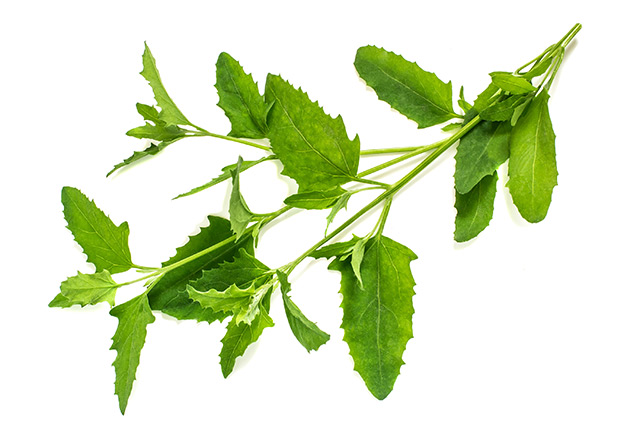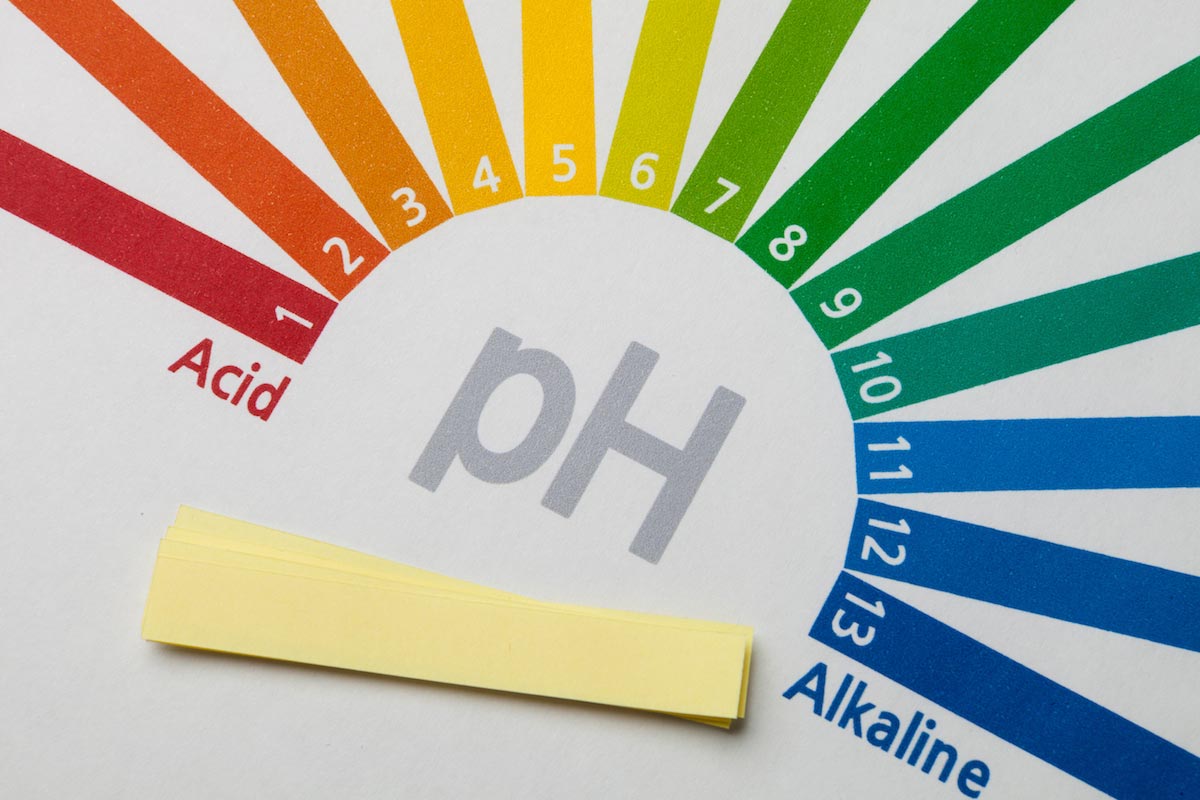Reduce your risk of colorectal cancer by getting plenty of vitamin D
05/28/2019 / By Isabelle Z.

Colorectal cancer has been in the headlines recently for its concerning rise among young people. Already the second leading cause of cancer deaths among Americans, the incidence rates of colon and rectal cancers are projected to rise by 90 and 124 percent respectively by 2030 among those aged 20 to 34. It’s a frightening prospect, but researchers have found one big way that you can reduce your risk: Get plenty of vitamin D.
A new study carried out by researchers from the Harvard T. H. Chan School of Public Health explored the connection between vitamin D levels and a person’s risk of colorectal cancer, and they found the vitamin can be quite beneficial. They analyzed more than 5,700 cases of colorectal cancer, matching each one with more than 7,100 controls who don’t have the disease across the U.S., Europe and Asia.
For the purposes of the study, people were considered to have sufficient vitamin D levels in their blood if they met the levels of circulating vitamin D established by the National Academy of Medicine. They found that those who were deficient under this definition had a 31 percent increased risk of colorectal cancer, while those whose circulating vitamin D levels exceeded the NAM recommendations had the lowest risk of colorectal cancer. The study was published in the Journal of the National Cancer Institute.
Although they found that vitamin D can reduce the risk of colorectal cancer, the amount needed for this effect is far greater than the current guidelines, which were essentially set with the aim of preventing osteoporosis rather than cancer. The researchers suggest the optimal concentration of vitamin D for reducing your colorectal cancer risk is between 75 and 100 nmol per liter.
Getting more vitamin D is easier than you think
There are lots of ways you can ensure adequate vitamin D intake, but the best and most efficient approach is by getting lots of sunlight. Exposure to UVB rays in the sun prompts your skin to make vitamin D, so head outdoors regularly to get the benefits.
How much time you’ll need is difficult to say as it is going to depend on your skin tone, where you live, the cloud cover and weather conditions, the time of day and year, the amount of skin you have exposed, and other factors. However, as a general rule, around 20 minutes of sun exposure without sunscreen three times per week with your arms and legs exposed should do the job for those with fair skin.
While it’s also possible to get vitamin D from foods like fatty fish, mushrooms, and eggs, it’s hard to get enough of it from your diet alone. Supplements are also an option. If you’re concerned about your vitamin D levels, consider getting tested.
Other risk factors of colorectal cancer that you can control include diet, alcohol use, smoking, physical inactivity and obesity. It’s also important to avoid eating red and processed meats, which can raise your risk of the disease.
Factors for colorectal cancer that you can’t change include age, a family history of colorectal cancer, and a history of inflammatory bowel disease. If any of these uncontrollable factors are working against you, it’s particularly important that you focus on the factors you can control to keep your risk as low as possible and get regular colorectal cancer screening.
Summer is right around the corner, and it’s the perfect time to head outdoors and catch some rays to get the vitamin D needed to keep your cancer risk at bay.
Sources for this article include:
Tagged Under: cancer risk, colon cancer, Colorectal Cancer, natural cures, natural medicine, prevention, rectal cancer, remedies, vitamin D, vitamin D deficiency
RECENT NEWS & ARTICLES
AntiCancer.News is a fact-based public education website published by AntiCancer News Features, LLC.
All content copyright © 2018 by AntiCancer News Features, LLC.
Contact Us with Tips or Corrections
All trademarks, registered trademarks and servicemarks mentioned on this site are the property of their respective owners.


















